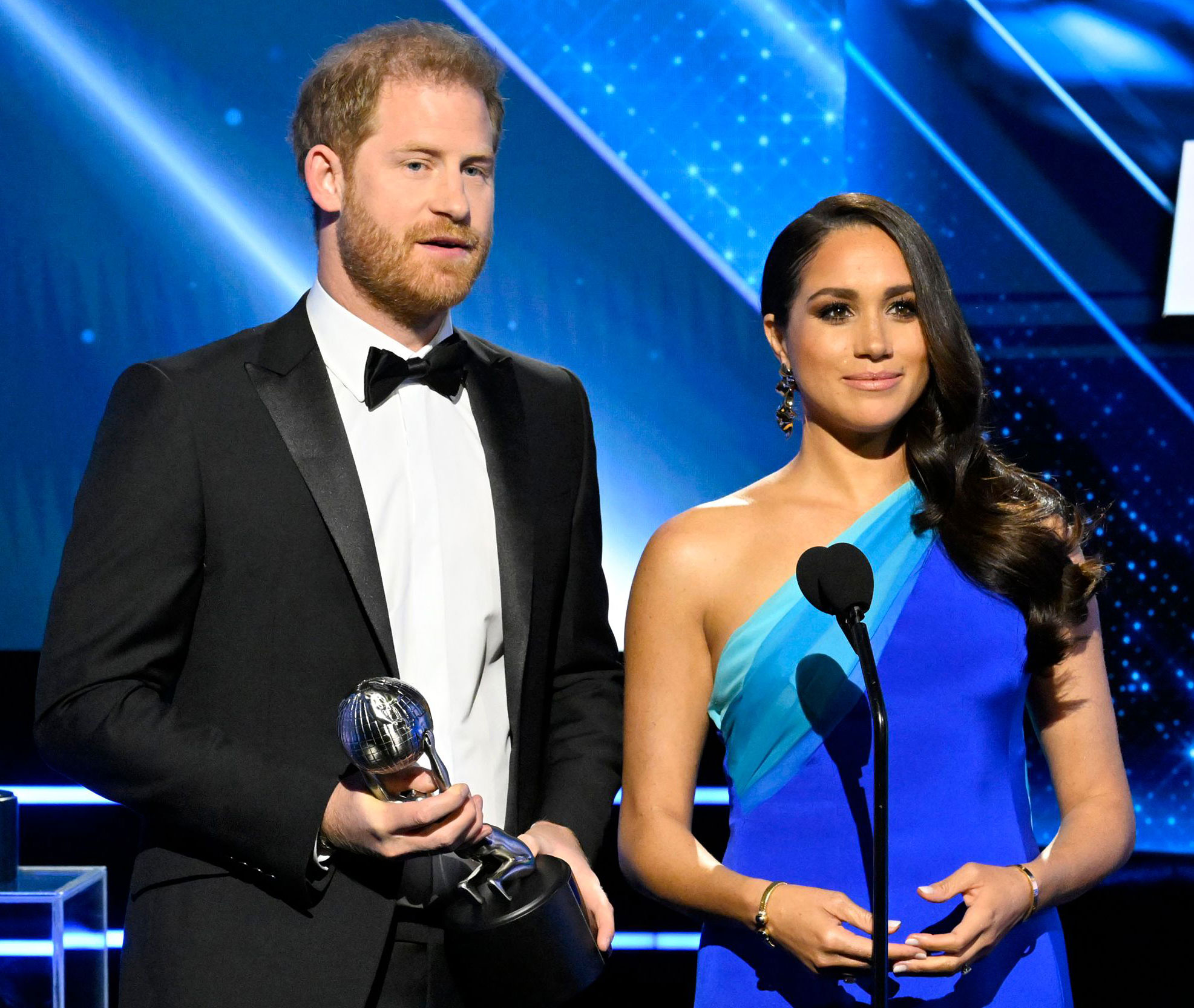Hold on tight, because the Invictus Games, Prince Harry‘s passion project, is facing some serious scrutiny.
It seems that this initiative has transformed into a financial sinkhole, draining taxpayer money at an alarming rate.
The UK government has made the eyebrow-raising decision to allocate a whopping £26 million to host the games in Birmingham in 2027.
This funding choice has left many scratching their heads, especially given the ongoing budget constraints faced by the British Armed Forces.
Jeremy Hunt, the Chancellor of the Exchequer, is under fire for his apparent inability to find any additional funds for defense.
Yet, when it comes to Prince Harry’s sporting event, he seems to have an endless supply of cash.
Experts and military leaders are perplexed, questioning how a week of games for ex-servicemen can take precedence over the pressing needs of national defense.
Lord West of Spithead didn’t hold back in expressing his dismay, suggesting that the government has completely lost its way.
He criticized the prioritization of feel-good events over the essential capabilities required to protect the nation.
The irony is palpable; while the government appears ready to splurge on royal initiatives, the military budget remains as tight as ever.
Adding fuel to the fire, there are whispers that the Invictus Board is sitting on a significant amount of money, seemingly earmarked for Harry and Meghan.
Meanwhile, taxpayers are left carrying the financial burden, contributing millions without clear visibility on how the funds are actually being used.
Transparency regarding the financial dealings of the Invictus Games is sorely lacking, leading to growing suspicions about potential mismanagement.
Once celebrated as a symbol of hope and resilience, the Invictus Games now face allegations of shady financial practices.
It’s worth noting that during the last games held in Germany, the German government covered an astonishing 94% of the costs, with only 6% funded through donations.
This stark contrast raises questions about the funding model for future events.
The luxury accommodations and extravagant perks associated with the games seem to reflect more of a celebrity lifestyle than a commitment to veteran support.
Richard Fitzwilliams commented on the glaring disparity between the lack of funding for the armed forces and the lavish spending on the Invictus Games.
It’s as if the government has developed a selective memory, ignoring the pressing needs of veterans while pouring money into royal projects.
The noble goals of the Invictus Games have unfortunately been overshadowed by a growing perception that the initiative has become a stage for those more interested in fame and fortune than in genuinely helping veterans.
This shift in focus raises significant concerns about the true intentions behind the event.
Perhaps the most troubling aspect of this situation is the realization that the funds being allocated to the Invictus Games could have been utilized to provide critical services for veterans.
Instead, they appear to be funneled into a spectacle that often feels more like a show for Harry and Meghan than a sincere effort to support those who have served.

